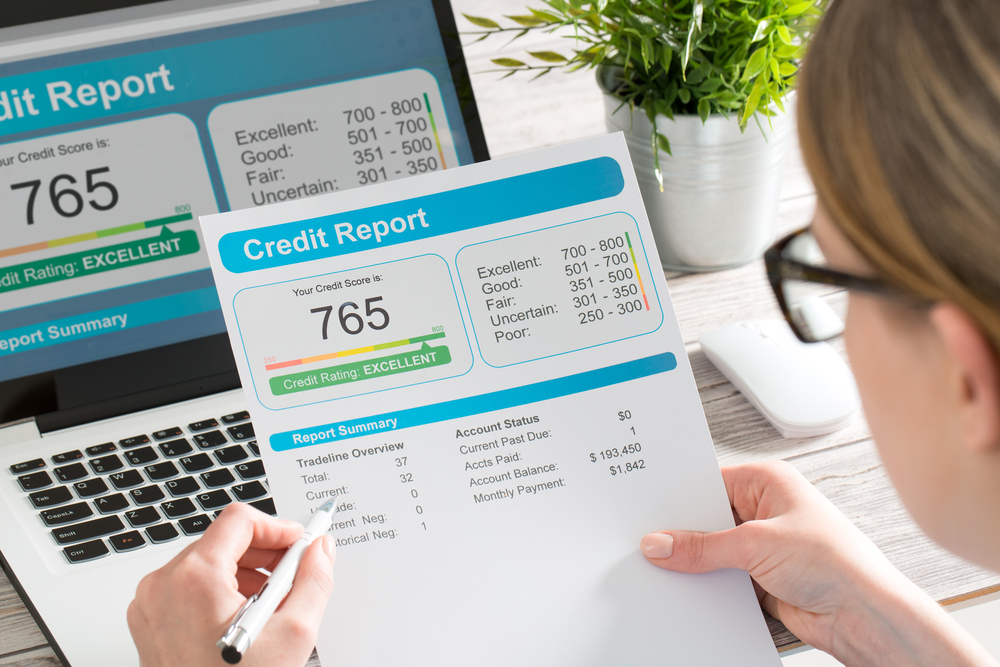While a credit report is critical to attest to your financial health, it is equally important to read and understand your credit report. It is a milestone in building your financial future. Your credit report primarily contains all information about your credit cards and personal loans, including how timely you have been with the repayments.

Now, understanding your credit report is very important and can also be very useful. Financial institutions refer to your credit report to determine your eligibility before lending anything to you. Reading your credit report can also help you gain insight into the different aspects of your finance and work on how to improve your CIBIL score.
What comprises your credit report?
Before understanding your credit report, it’s important to know the different aspects of your message. Typically, a credit report consists of the following five pieces:
- Credit score
- Personal and account information
- Credit Inquiries
These factors must be well-read and understood to gain insight into your financial health.
How to read your credit report?
1. Credit score
The credit score, commonly called CIBIL score, is a 3three-digit number that gives you an overall picture of your creditworthiness. Typically the CIBIL score varies between 300 and 900. However, it is ideal for maintaining your CIBIL score above 750. Here’s a list of ranges and what they mean:
- Seven hundred fifty and above – If your CIBIL score is in this range, it is considered excellent. You will get easy approval for personal loans and any other credit forms without hassle.
- 700 to 749 – This CIBIL score range is considered good. You will still be eligible for personal loans and credit. But you may have to improve your CIBIL score if you’re looking for a personal loan with a lower interest rate.
- 650 to 699 – This is an average range of CIBIL scores. You may get approved for personal loans only under favorable conditions.
- 550 to 649 – A CIBIL score in this range is not credible. You will not be eligible for a personal loan or credit unless you provide collateral.
- Below 550 – If your civil score is in this range, you must work on increasing your CIBIL score, as financial institutions consider it a risk to lend money to an individual with this score.
2. Personal and account information
Beyond your CIBIL score, you will have your details,, such as your name, PAN number, passport number, etc. In addition, your account information,, like your credit limit, payment history, and more,, will be mentioned. Ensure to verify these details.
3. Credit Inquiries
This part of your credit report mentions the inquiries made by banks and other FIIs on your type of loan and further details.
Conclusion
Understanding your credit report is very important. Finserv MARKETS can help you know seyour credit score and how torv MARKETS ensures to provide you with the right knowledge so that you can improve your financial health. Finserv MARKETS ensures to provide you with the right knowledge so that you can improve your financial health. To prevent your credit scores, you can utilize CIBIL’s website and get your credit report with the help of your PAN card as well.














